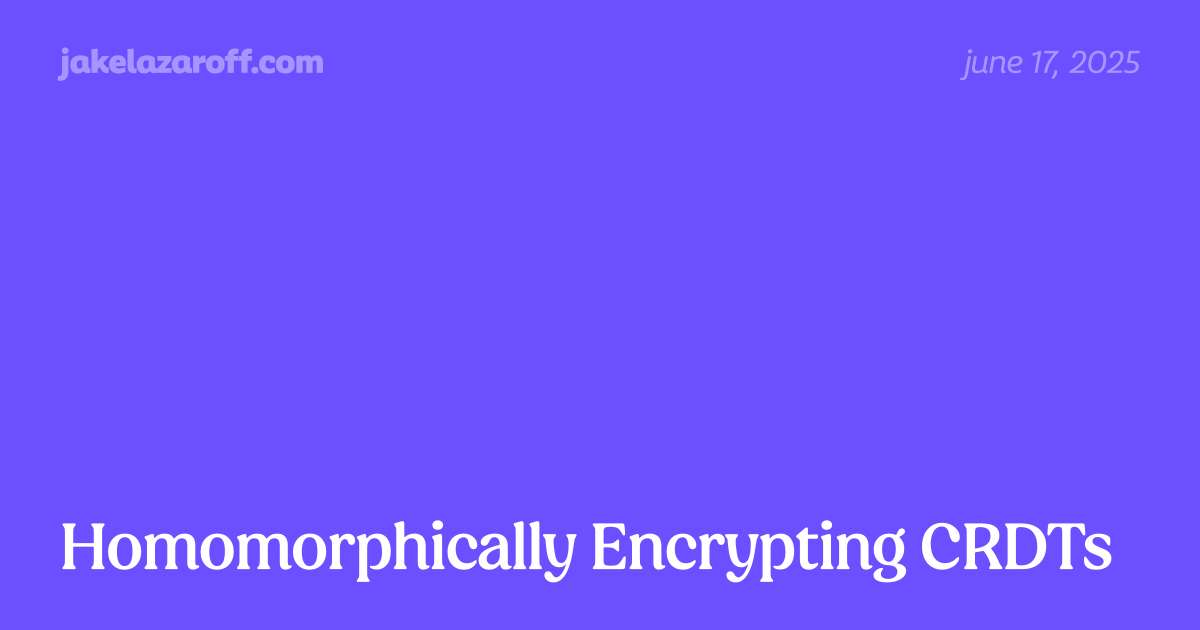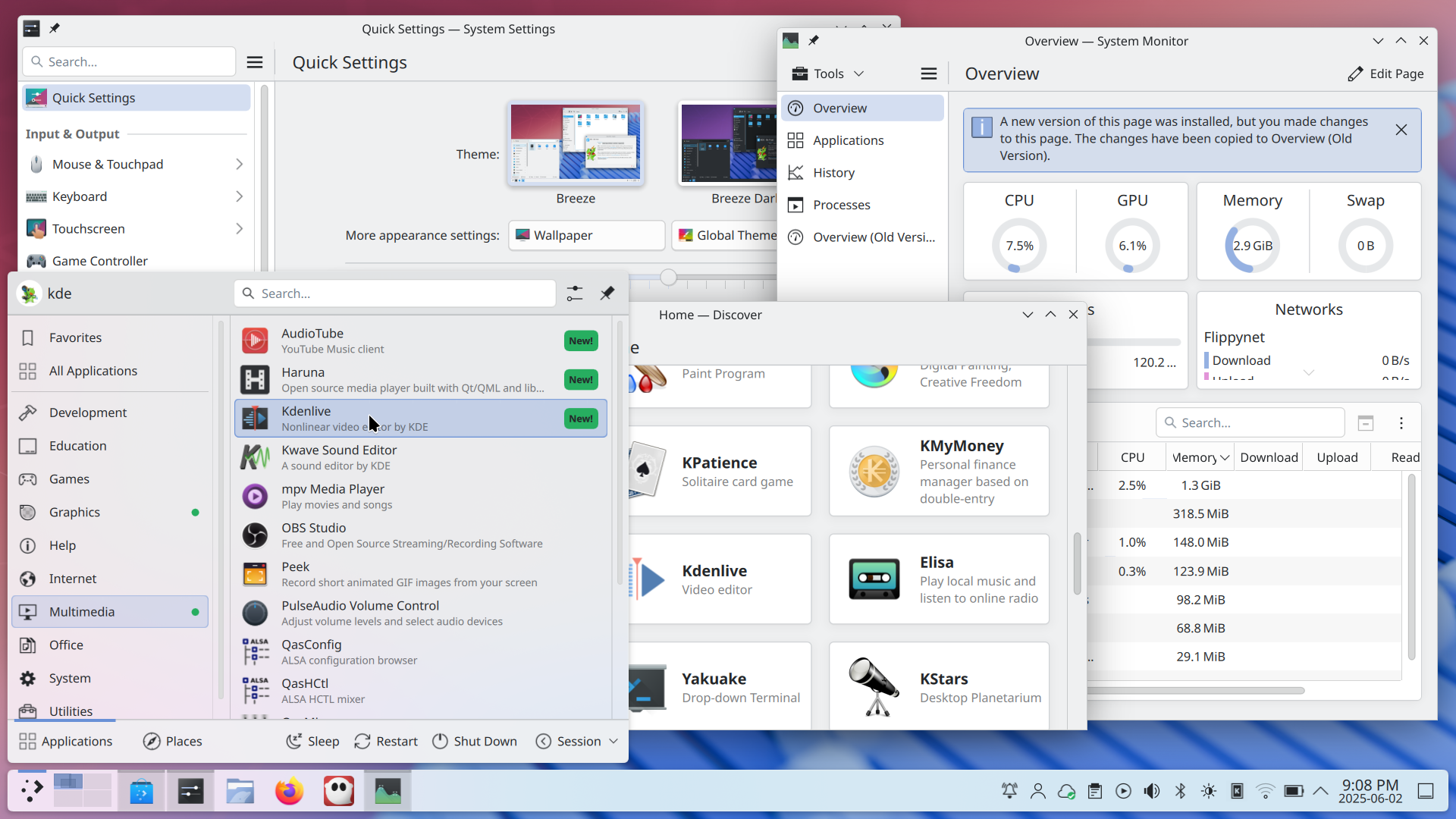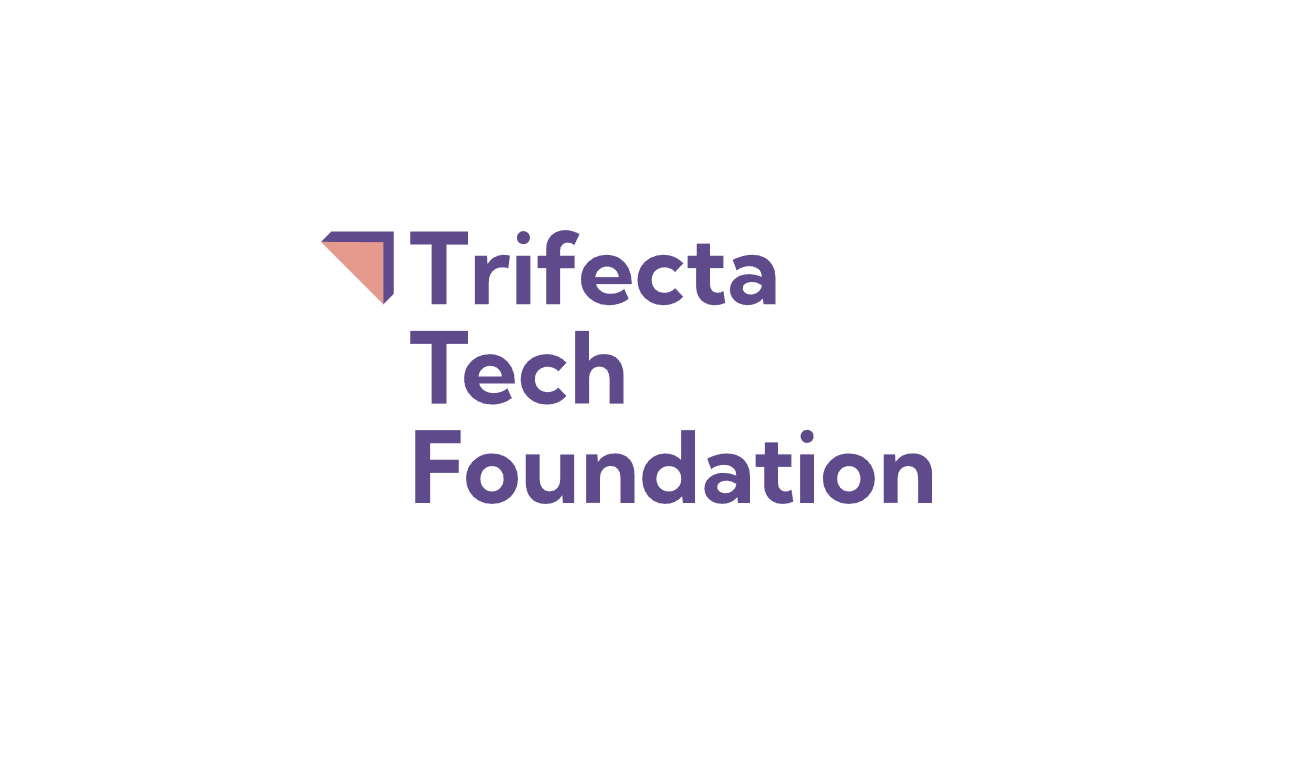A Programmer's Rejection of AI Coding Tools: Efficiency, Ethics, and Environment
A seasoned programmer explains their refusal to use AI coding tools, not out of technological resistance, but from deep concerns about efficiency, ethics, and the environment. The author argues that the productivity gains of current AI tools are questionable and that they risk introducing more errors. Additionally, AI model training puts immense pressure on the environment, and its data sources raise ethical concerns, including intellectual property infringement. The author emphasizes the joy of "struggle and learning" in programming and the advantages of manually written code in terms of quality and maintainability. Ultimately, they choose to stick with traditional programming methods and call for stronger regulation of AI technology.










